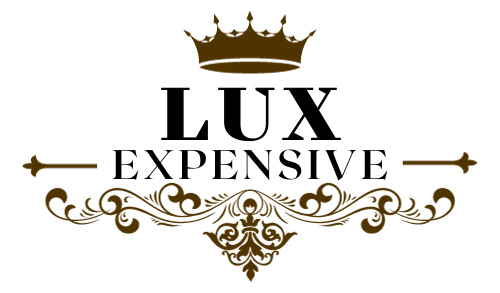Luxury watches are expensive because of the superior craftsmanship, precious materials, and limited supply that goes into making them. Their status symbol value, innovation, long-term value, brand heritage, complex distribution, custom options, and miniaturized complexity also drive up costs. For enthusiasts seeking top-tier artistry and exclusivity, luxury watches offer access to superb craftsmanship that makes them objects of desire.
Luxury watches can cost several thousands or even millions of dollars. For many people, it may seem excessive to spend such large sums on a timekeeping device that nowadays can easily be replaced by a smartphone. However, there are some clear reasons why high-end watches come with lofty price tags.
Top 10 Reasons Luxury Watches Are So Costly
1. Superior Craftsmanship
The most obvious factor that drives up prices is the sheer craftsmanship that goes into making luxury watches. They are usually hand assembled by master watchmakers with decades of experience. For extremely complicated watches, it can take thousands of hours to piece together all the intricate components. This skill and time dedicated to each watch necessitates the high prices.
2. Precious Materials
Luxury watches often incorporate precious metals like gold, platinum and silver. Some also have embeddings of precious stones like diamonds. These rare materials command very high market values, so using them in watchmaking results in higher prices.
3. Limited Supply
Watch brands intentionally limit the number of timepieces they produce each year. This preserves the exclusivity and increases demand. With limited availability, buyers are willing to pay more to get their hands on in-demand models.
4. Status Symbols
For many buyers, high-end watches are not just timekeepers – they are markers of taste, prestige and social standing. Luxury brands leverage this by positioning their watches as aspirational status symbols. This allows them to charge premiums far beyond the intrinsic value of the watches.
5. Innovation
Luxury watches often have groundbreaking innovations not found anywhere else. For example – unique chronograph functions, perpetual calendars, ultra-precise movements, etc. The R&D and advanced micro-engineering needed to create these novel complications add to costs.
6. Long-Term Value
Unlike most electronics, luxury watches often gain value over decades. Some rare vintage models can sell at auctions for millions. This makes them promising investments – especially in economic downturns when other assets lose value. So buyers today are willing to pay higher prices knowing that the timepieces could appreciate in the future.
7. Brand Heritage
Many luxury watchmakers like Patek Philippe and Vacheron Constantin have legacies spanning more than a century. Collectors value this heritage and provenance – it signifies durable quality and landmark innovations that have withstood the test of time. This history gets incorporated into high prices.
8. Complex Distribution
Luxury watches usually change many hands across complex distribution systems before reaching customers. Agents, authorized dealers, distributors – all take commissions that cumulatively bloat retail prices. There are also high marketing costs in maintaining luxury branding.
9. Custom Options
Luxury watches can be extensively customized to match individual tastes. Options for custom straps, crystals, cases, dials and even movements are commonly available. But developing and implementing these personalizations also adds to end costs.
10. Miniaturization
It is extremely technically challenging to miniaturize intricate mechanical movements and fit them into slim watch cases. The steep requirements for accuracy, precision, durability and aesthetics at micro scales necessitate higher prices for luxury watches. Even slight complexities require much more fine-engineering.
Is luxury watches a good brand?
Yes, luxury watches are considered very prestigious brands. Companies like Rolex, Patek Philippe, Audemars Piguet, and Omega are renowned for their craftsmanship, innovation, and heritage spanning over a century in high-end watchmaking.
Are luxury watches good?
They are more than good – luxury watches represent the pinnacle of horology. From their intricate mechanical movements to premium materials and finishes, luxury timepieces are expertly engineered and assembled to offer unmatched quality and accuracy.
Are luxury watches worth the price?
For most mainstream consumers, the high price tags of luxury watches far exceed practical value. But for serious enthusiasts seeking rare artistry and exclusivity, luxury watches can be worthwhile long-term investments in craftsmanship that may even appreciate in valuation over time.
Where to buy luxury watches?
The best places are either directly from the brand’s boutiques or from authorized retailers. This ensures authenticity and after-sales support. Auction houses and pre-owned dealers also offer opportunities for collectors to find vintage and discontinued luxury watch models.
